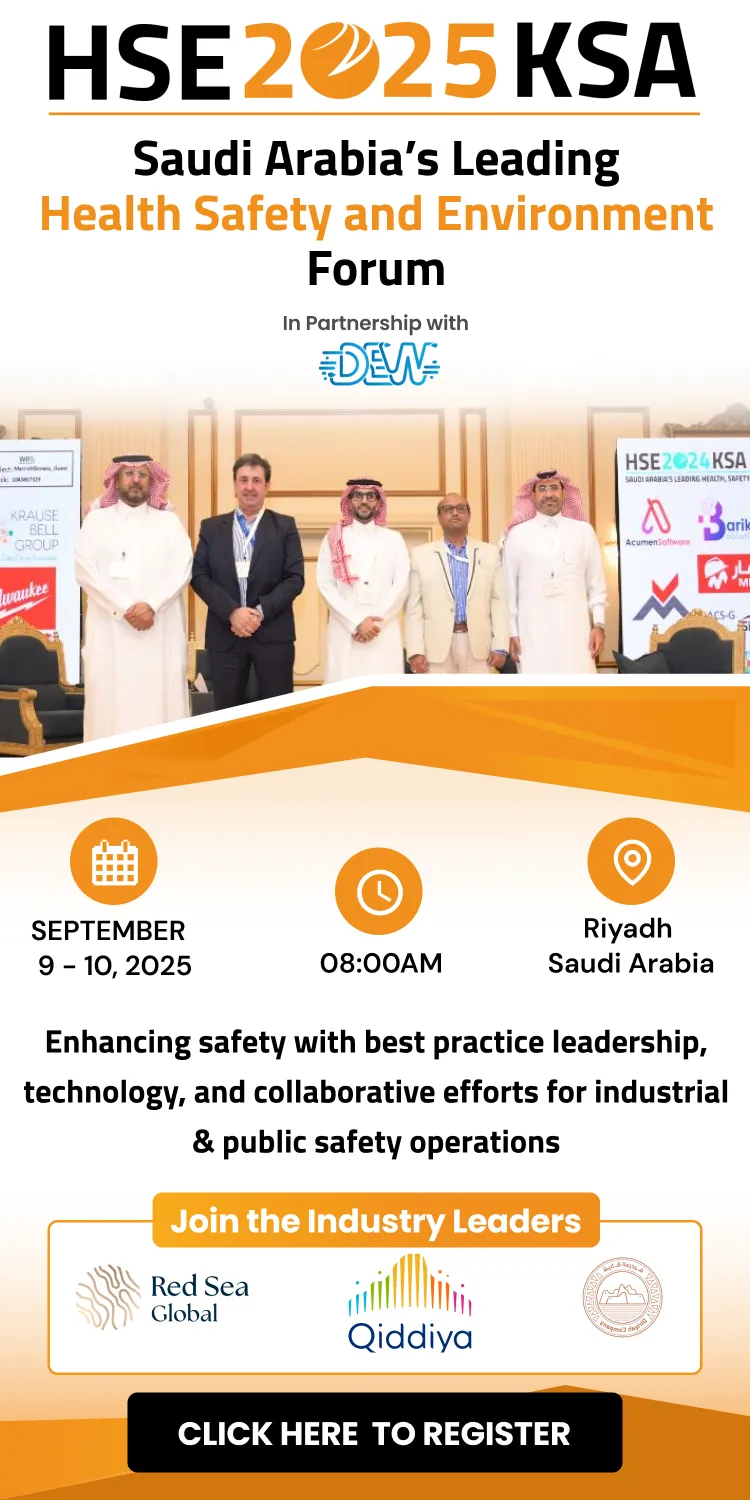Sphera, a provider of integrated risk management software and information services with a focus on environmental health and safety, operational risk and product stewardship, has announced that it has agreed to acquire thinkstep
Industrial
Larson Electronics releases explosion proof AC LED portable light
Larson Electronics, a Texas-based company for the industrial lighting and equipment sectors, has released a portable explosion proof LED light featuring AC LEDs paired with specially designed heat sinks for improved efficiency
du announces winners of IoT & AI pioneers competition
du, from Emirates Integrated Telecommunications Company (EITC), has played an inspiring role in empowering the next generation of technology innovators following the completion of the IoT and AI pioneering competition
HMi Elements launches slim and lightweight PC for oil and gas industry
HMi Elements, a specialist that designs and manufactures ‘mission-critical’ computers for the oil and gas industry, has launched a breakthrough product and aims to increase sales by 20 per cent this year as it celebrates its 10th anniversary
Deploying Fourth Industrial Revolution technologies for health and safety
Marwa Aleskafi, head of Accelerator Program, Brinc Bahrain spoke to Health, Safety & Security Review Middle East on the sidelines of the Bahrain HSE Forum on how Fourth Industrial Revolution technologies can transform the health and safety landscape
“The Fourth Industrial Revolution is all about data,” Aleskafi stressed. “ It’s about getting real time data, and acting on it real time, having systems that are intelligent enough to be able to react to different changes, to be able to react to different efficiency and productivity levels and change the way they operate to improve their efficiency. That gives you a tremendous amount of data, gigantic data sets that you can use to improve health and safety. For example, being able to track machinery and workers can help you reduce the instances of collision, accidents and injuries. You will be able to know where in the production cycle these are more likely to happen, and therefore you will be able to introduce processes and procedures to make sure that they don’t happen in the future. You will also be able to see what processes you have that are not making much of a difference, and change them to ensure employee safety.”
Turning to security concerns, she commented, “Security, when it comes to data and when it comes to technology, is always a concern, because when you have that amount of information, it is always going to be a target. Some industries are more sensitive than others in terms of their data. I think the best way to mitigate that risk is to have some procedures and processes in place to ensure that there is a certain level of authentication that is required to access this data, and also ensure that this data is not individualised data and that it is aggregated data, so as not to infringe on anyone’s privacy. I think the last thing is to implement technology such as block chain technology – using a block chain that only the organisation has access to – to make sure that the data is decentralised enough to not have any security breaches.”
So how will we see Fourth Industrial Revolution technologies being deployed in health and safety in the future?
“I think there is going to be a rise in AI and machine learning in this field,” Aleskafi predicted. “It’s probably going to go in the direction of automated workforce, automated processes, being able to even have the AI introduce the new procedures and processes based on the data analytics. I think there is also going to be the incorporation of human elements in the different systems. Traditionally factories would track things on the factory floor without necessarily incorporating the softer elements or the softer data sets, the human resource data sets. I think that incorporating these and using intelligent AI systems that can make sense of trends and correlations can definitely improve safety and security in the workplace, and even perceptions of safety and security procedures within the workplace.
“It is important for safety and security experts to start considering advanced technology, AI, IIOT and machinery learning for improving safety and security in the workplace, and I believe it is very important for Bahrain to move in that direction, being an economy that is highly industrial,” she concluded.





